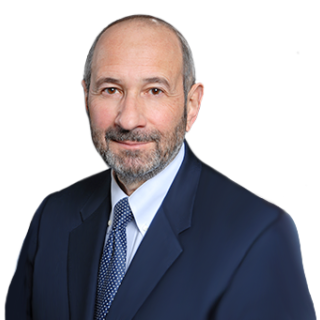He also teaches various issues to members of the federal judiciary through the Federal Judicial Center and New York University (NYU) Law School, where he is an emeritus member of the Advisory Board of the NYU Center for Labor and Employment Law.
He has lectured at many law schools on labor and employment law, appellate advocacy, and legal ethics, and has been a frequent speaker at the NYU Conference on Labor. Fasman has written three books in the field and is the co-author of a standard textbook, Estreicher, Harper, and Fasman, Employment Discrimination and Employment Law (West Academic, 6th ed. 2022). He has written many articles on labor and employment law.
He is a longtime member of the College of Labor and Employment Lawyers, has been listed in Best Lawyers in America for more than 25 years, is currently a fellow of the American Bar Foundation, and previously was a member of the American Law Institute.
While in practice, Fasman was national co-chair of the employment discrimination law practice at Paul Hastings and litigated scores of employment law cases, ranging from nationwide class and collective actions to jury trials of individual claims. He worked extensively with Congress and the White House on the Civil Rights Act of 1991, the Americans with Disabilities Act, and other laws and regulations.
He has equally extensive experience in labor law, including many trials before the National Labor Relations Board, has negotiated hundreds of labor contracts, and successfully argued Golden State Transit Corp. v. City of Los Angeles, 475 U.S. 608 (1986) and Golden State Transit Corp. v. City of Los Angeles, 493 U.S. 103 (1989). He has written many amicus curiae briefs to the Supreme Court on significant labor and employment law issues.
Fasman practiced in Chicago, Washington DC, and New York. He worked extensively on bar association and civic matters, having chaired the DC Bar’s Taskforce on Civility and been a member of the DC Bar’s Legal Ethics Committee for many years. He currently chairs the Board of American Friends of Latet, is a board member of the Memorial Foundation for Jewish Culture, and previously was a board and Executive Committee member of the American Jewish Joint Distribution Committee.

